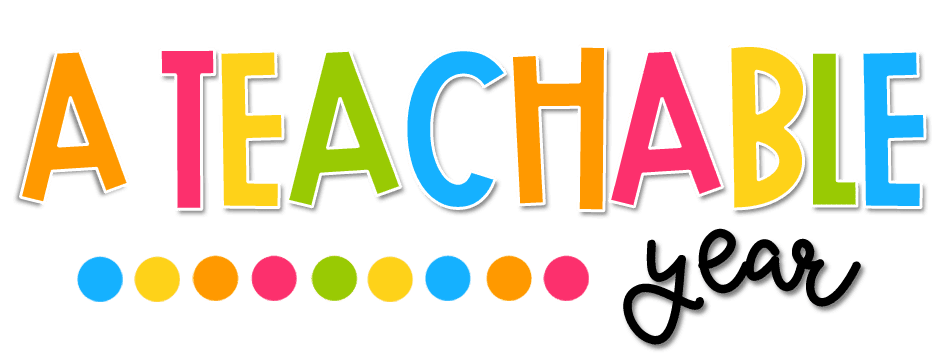Australia Day, celebrated annually on January 26th, marks an important occasion for Australians, offering ESL teachers an incredible opportunity to delve into the country's heritage, culture, and significance of this national holiday while enriching language skills. This commemoration invites exploration of traditions, history, and the diverse cultural tapestry of Australia.
Understanding Australia Day
Australia Day commemorates the arrival of the First Fleet at Port Jackson in 1788, marking the foundation of the first European settlement in Australia. It signifies the diverse heritage, achievements, and values embraced by Australians.
Language Skills and Activities
Vocabulary Enrichment:
Introduce Australia Day-related vocabulary such as diversity, heritage, colonization, celebration, and specific terms related to Australian history and culture. Visual aids, stories, or discussions can reinforce these vocabulary terms.
Reading and Comprehension:
Reading and Comprehension:
Select articles, stories, or historical accounts about Australia Day's significance, its evolution, or the cultural significance of the day. Engage students in reading sessions followed by discussions or comprehension tasks.
Writing Tasks:
Writing Tasks:
Encourage students to write essays discussing historical events, poems reflecting on cultural diversity, or narratives highlighting the significance of this day in Australian history. This exercise nurtures language skills and encourages cultural exploration.
Australia Day Traditions and Celebrations
Flag Raising and Citizenship Ceremonies:
Australia Day Traditions and Celebrations
Flag Raising and Citizenship Ceremonies:
Discuss the traditions of flag-raising ceremonies and citizenship events held across Australia during Australia Day celebrations. Highlight the significance of these ceremonies in embracing unity and diversity.
Cultural Festivities:
Cultural Festivities:
Explore the variety of cultural events, parades, concerts, and fireworks often organized across cities and towns in Australia during Australia Day. Emphasize the diversity of traditions showcased during these celebrations.
Interactive Activities
Cultural Showcase:
Interactive Activities
Cultural Showcase:
Encourage students to present aspects of Australian culture, such as indigenous art, traditional food, iconic symbols like the kangaroo or didgeridoo, or other elements that represent the country's rich heritage.
Role-Play or Skits:
Role-Play or Skits:
Organize role-play activities or skits where students can portray historical figures, reenact significant events, or showcase cultural moments in Australian history.
Reflective Discussions
National Identity: Initiate discussions on Australian identity, unity in diversity, and the pride associated with commemorating this significant national event.
Cultural Exchange: Encourage students to share their own cultural festivities or national holidays, fostering an atmosphere of cultural exchange and understanding among classmates.
Teaching about Australia Day in ESL classes provides a unique window into history, culture, and the values cherished by Australians. By integrating language exercises, discussions on traditions, interactive activities, and reflective conversations, educators create engaging lessons that not only enhance language skills but also nurture cultural appreciation and global awareness.
Reflective Discussions
National Identity: Initiate discussions on Australian identity, unity in diversity, and the pride associated with commemorating this significant national event.
Cultural Exchange: Encourage students to share their own cultural festivities or national holidays, fostering an atmosphere of cultural exchange and understanding among classmates.
Teaching about Australia Day in ESL classes provides a unique window into history, culture, and the values cherished by Australians. By integrating language exercises, discussions on traditions, interactive activities, and reflective conversations, educators create engaging lessons that not only enhance language skills but also nurture cultural appreciation and global awareness.




No comments
Post a Comment
Thanks for your comment!